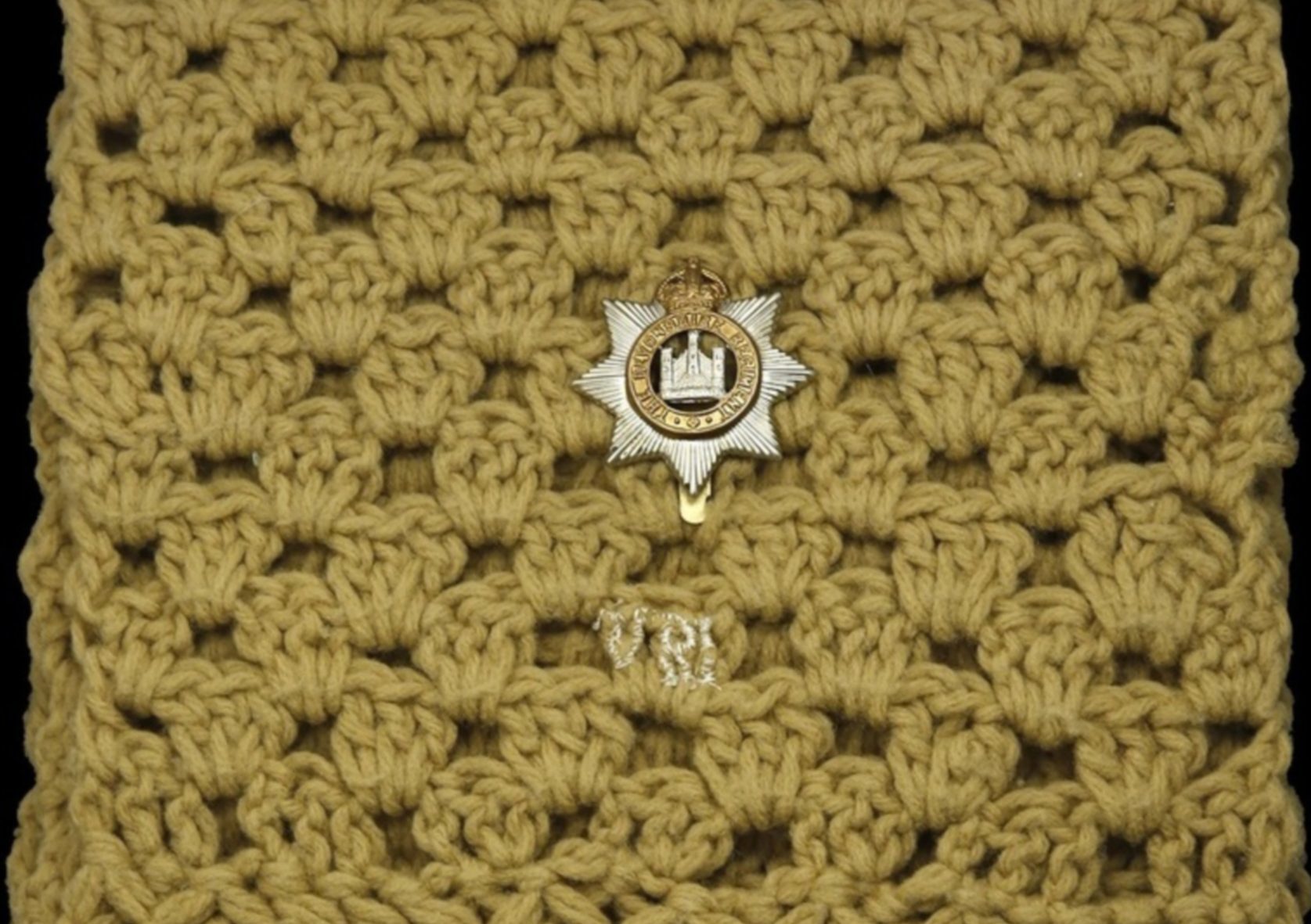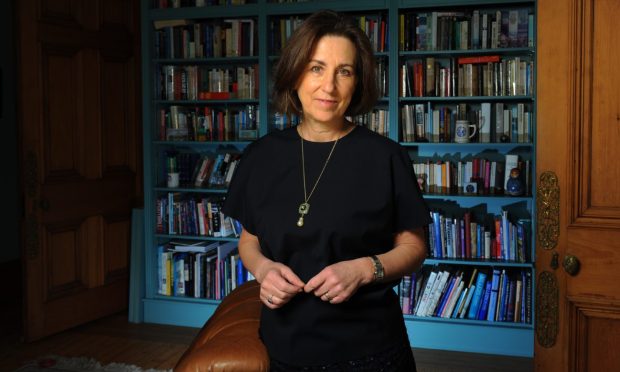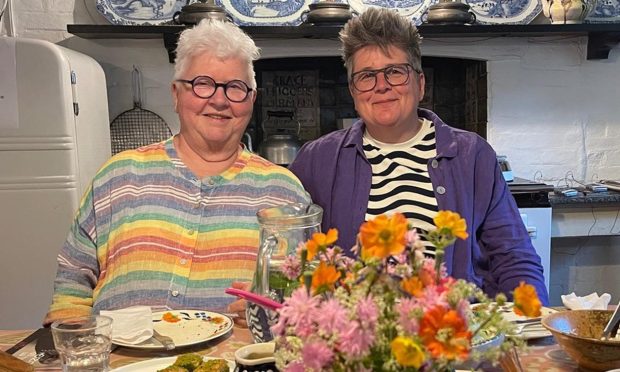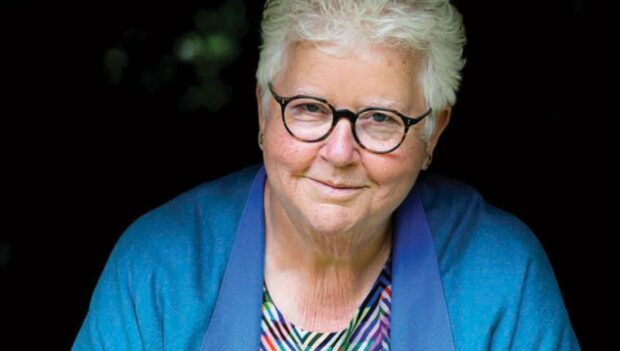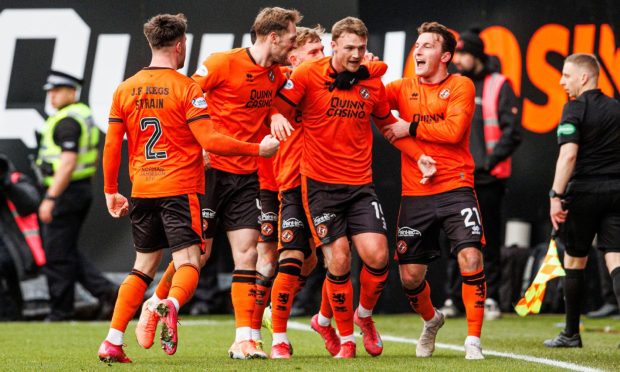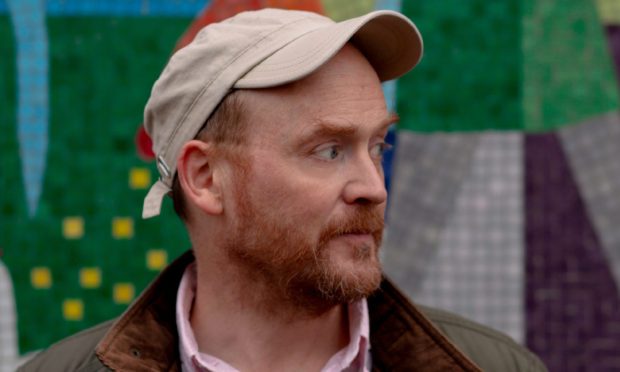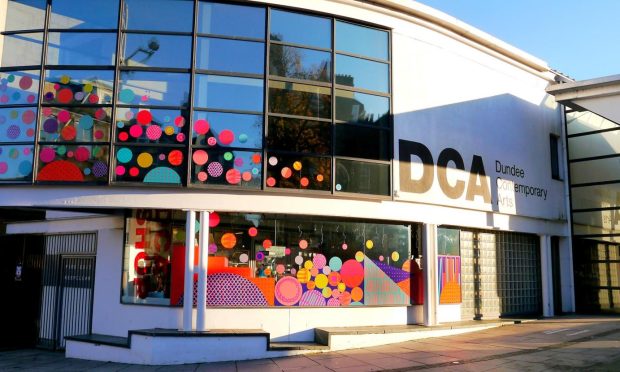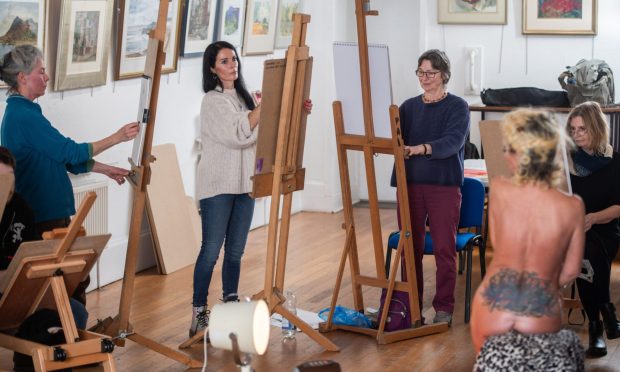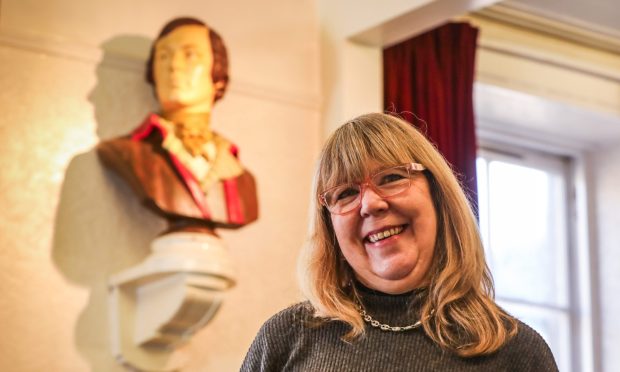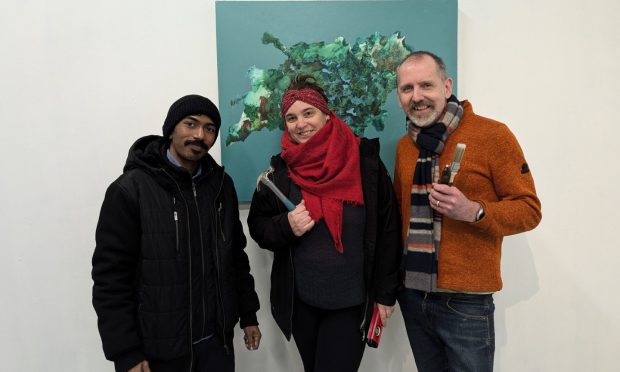I LEFT a modest and ultimately successful bid for a Perth item in the July 26 sale at Spink’s in London. It would be repeating an earlier column if I showed it here, so illustrated from the same auction is an unusual survivor from the Boer War.
Sold by order of a direct descendant was an exceptionally rare and emotive Queen Victoria scarf and related awards bestowed upon Lieutenant-Colonel W. T. Colclough, of the Devonshire Regiment.
Eight crocheted, woollen scarves were worked in the last months of her life by Queen Victoria and powerfully demonstrate the affection that she retained for the soldiers of her armies.
At the time of the outbreak of the second South African War in 1899, Victoria had been queen for 62 years, and while initial British military setbacks in the first weeks of the war may have surprised her, they did not dent her faith in her soldiers: “We are not interested in the possibilities of defeat,” she is said to have remarked: “They do not exist.”
The Queen crocheted the scarves in her closing days, her eyesight weakening and her fingers fumbling with the crochet-hook. That she was even-handed in specifying their distribution – equally to British and Colonial troops – represented her appreciation of her soldiers’ efforts, no matter what their origin.
Four were given to soldiers of the Colonial forces and three of these are in the war museums of Australia, Canada and New Zealand. The location of the fourth is unknown.
Four were awarded to soldiers of the 2nd Brigade, 1st Division, of the British Army. Two may have been destroyed in a fire at the Surrey Infantry Museum in 2015, and the location of one is unknown.
The example offered by Spink’s was the only scarf known to survive in private hands.
Of light khaki wool, crocheted in a variant of the ‘ball pattern,’ approximately 8½ inches wide and 64 inches long, including four inches of woollen fringe at either end, the scarf had the Imperial Cypher ‘VRI’ embroidered in white silk, above which was sewn a cap badge of The Devonshire Regiment.
Expertly pitched by Spink’s at £8000-£12,000, and sold with various medals, honours and a quantity of supporting documentation, the scarf sold for £13,000.
